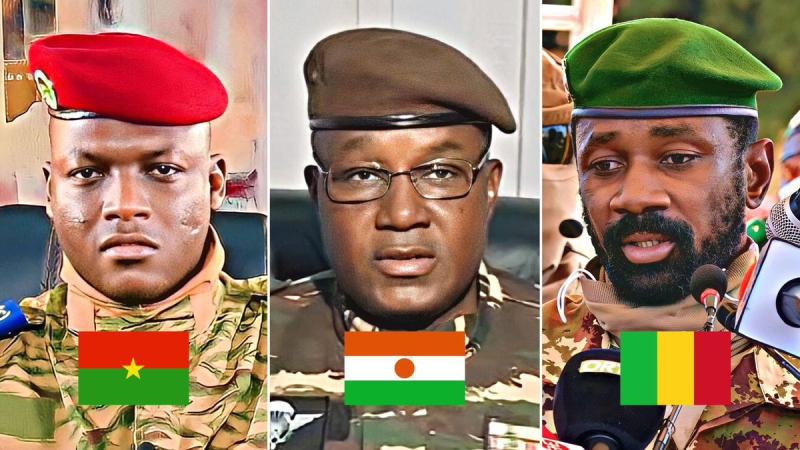The Danish foreign ministry announced on Monday its decision to close embassies in Mali and Burkina Faso, marking a significant shift in Denmark’s diplomatic approach to the African continent. This move comes as part of a broader strategy to realign Denmark’s engagement with Africa in response to recent political developments and security challenges in the Sahel region.

The decision to shutter these diplomatic outposts follows a series of military coups in both countries over the past few years. Mali, under military rule since 2020, has increasingly distanced itself from Western powers, including European Union countries, in favor of cooperation with Russia’s Wagner mercenary group. This shift has occurred amidst ongoing conflicts with ethnic Tuareg rebels in the country’s north.
Similarly, Burkina Faso has experienced political instability, with coups driven by frustrations over the government’s inability to address security concerns. The Danish foreign ministry cited these developments as creating “very limited room for maneuver” in the Sahel region, necessitating a recalibration of Denmark’s diplomatic presence.
In a strategic pivot, Denmark simultaneously announced plans to open new embassies in Rwanda, Senegal, and Tunisia. The ministry also intends to bolster its diplomatic workforce in existing embassies in Egypt, Kenya, South Africa, Nigeria, and Ghana. This reallocation of resources reflects Denmark’s recognition of the shifting geopolitical landscape in Africa.

“One of the most important foreign policy questions of this century will be whether African countries will orient themselves more towards the East or the West,” the Danish foreign ministry stated, underscoring the strategic importance of maintaining and strengthening ties with key African nations.
The closure of embassies in Mali and Burkina Faso comes at a time of deteriorating relations between these countries, along with Niger, and Western powers. The three nations have increasingly turned to Russia for support, a move that has raised concerns among Western governments about the expanding influence of non-Western actors in the region.
Denmark’s diplomatic realignment is part of a broader trend among Western nations reassessing their engagement with African countries in light of these geopolitical shifts. The move reflects a growing recognition of the need to adapt diplomatic strategies to address the complex and evolving political landscape across the African continent.
As Denmark implements these changes, questions remain about the long-term implications for regional stability and international relations in Africa. The success of this new approach may influence how other Western nations shape their diplomatic presence and engagement strategies in the region.
Mali’s ministry of foreign affairs has not yet responded to requests for comment on Denmark’s decision. The impact of these embassy closures on bilateral relations and ongoing development projects in Mali and Burkina Faso remains to be seen.
Reuters



